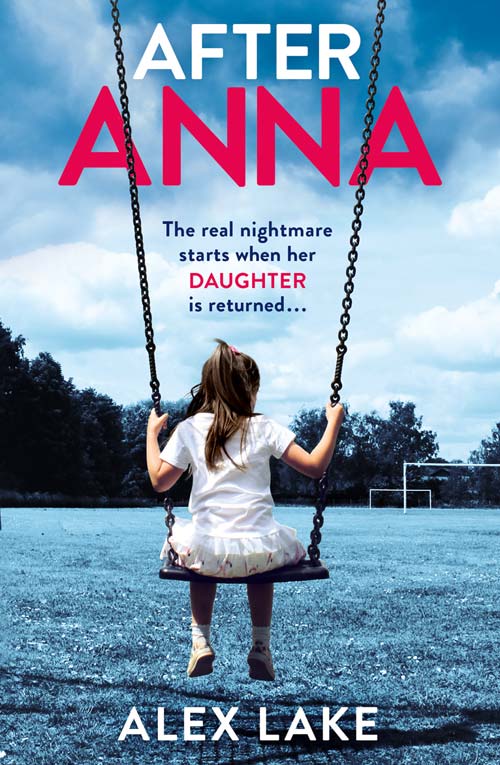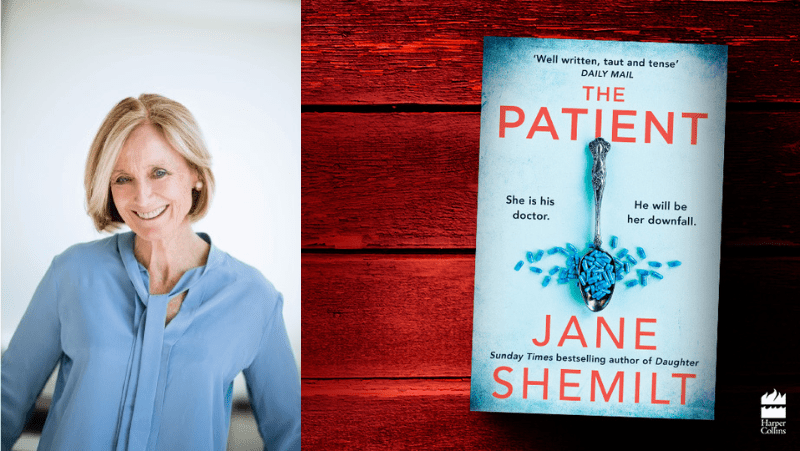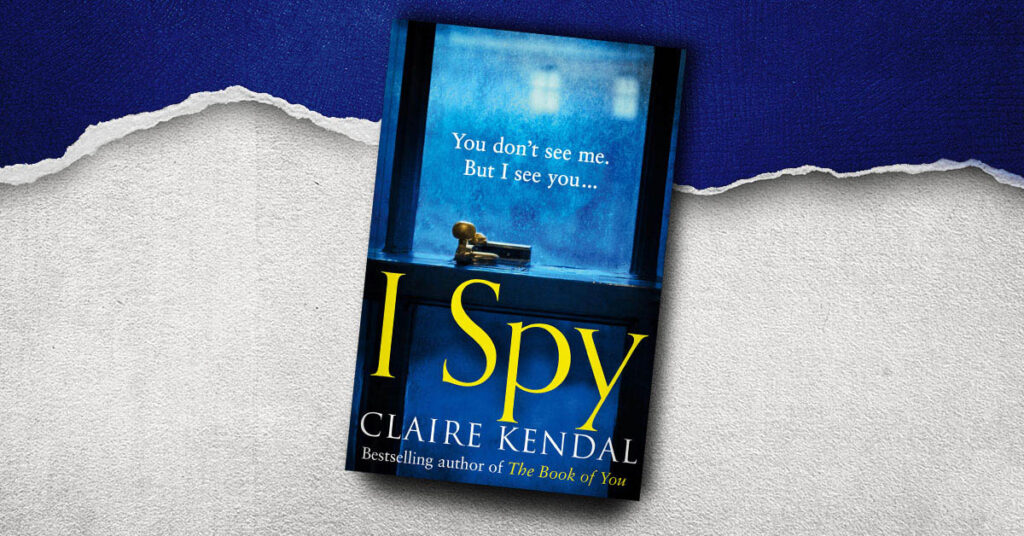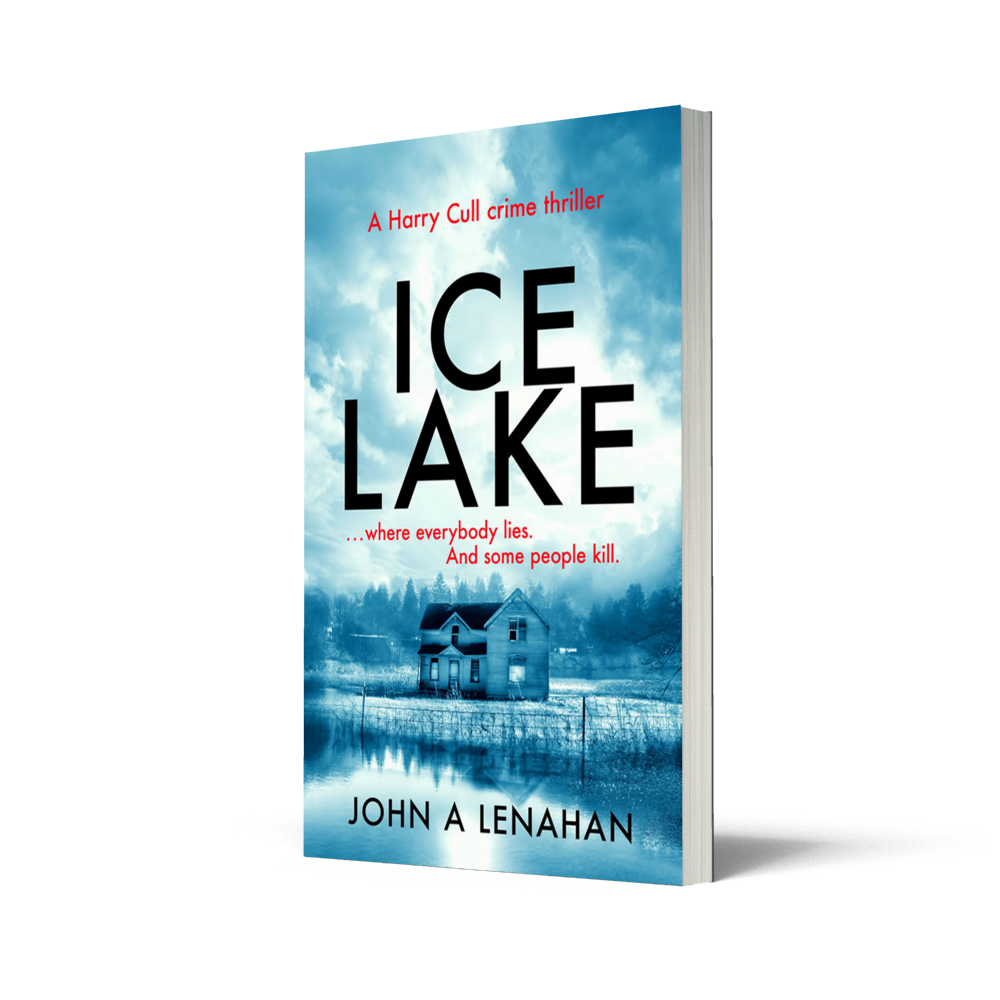Meet Alex Lake, the author of AFTER ANNA…
 What drew you to the world of crime?
What drew you to the world of crime?
I think I just like good stories, and the world of crime is full of them. It’s also a world that we know exists right next to us, but which we hope we never have to experience. Perhaps crime fiction is a way of exploring that world without having to enter it.
Plus, I love reading about and creating a good villain, and there are loads of them in the world of crime.
What author (besides yourself) do you think that everyone should read?
Wow. What a question. Do I get to sit on a fence here and not really answer it? I’m not sure there is a ‘should’ when it comes to choosing what your read – I think you just read what you enjoy (unless you’re training for something – like being a doctor – then you should probably read some anatomy books or something like that) so all I can offer up is who I like to read, and that has changed over the years. I loved Stephen King as a teenager (and still do), Jonathan Coe is a big favourite, Joyce Carol Oates, Margaret Atwood, Kate Atkinson. Like many people who love reading, the list of authors I like and admire and wish I was as good as goes on and on…
Perhaps the books that made the greatest impression on me, though, were the Borribles Trilogy. I adored them as a child. Without giving anything way, there is a character called Napoleon Boot, who starts out as a villain and ends as a hero, and who, finally, dies so that the rest may live. As a ten-year old I was sobbing in bed when I got to that point – my dad heard me and came in to find out what was wrong. Through the sobs I managed to tell him that Napoleon was dead. I think he was a bit surprised that I was so upset over the demise of a figure from French history. But that’s the power of books, I guess.
Tell us about your new book
The plot is simple (at first, anyway): a five-year-old girl is abducted. It’s every parent’s nightmare – or one of them, at least – and her mum and dad, Julia and Brian, go through the most horrendous week, wondering whether she is alive, dead, enslaved.
And then she is returned, unharmed, which is when Julia’s problems really start…
Is there a lot of research that goes in to your books?
Yes, but my books are mainly about character and story. I like to know that the setting or details or whatever are correct – for example, if a character takes a train and you call it an Intercity 125 you need to be sure that Intercity 125s were still running then on that route, because somebody will notice – but once I have satisfied myself that the details are right then I leave it at that.
What are you working on now?
A few things. I tend to work on more than one novel at a time, so I have a few in progress.
I also write for my own kids. We have a character called The Very Wicked Witch, who is a mixture of extreme wickedness, ridiculously grandiose plan and tragic incompetence. She’s very funny – her plans are always thwarted by the village kids, but she never gives up.
Do you think you could pull off the ‘perfect murder’?
No! I don’t think I could pull off any murder, at least not in cold blood or for money or revenge. I think the perfect murder would have to be motiveless, so that no one would ever suspect you did it, and I cannot imagine the circumstances in which I would be planning a motiveless murder.
What’s your top tip for aspiring authors?
Read as much as you can, and write every day. Enjoy what you write – if you don’t, no one else well. Write the book you wish was in the bookshops. Find your voice – what makes your writing yours?
Oh – and don’t read tips about writing!
What’s your poison?
Hmm. Tea and coffee, for sure. Crisps – chips in the US – which are just an explosion of taste. I think I read somewhere that our taste buds spent millennia evolving in such a way that they seek out a certain blend of salt and sugar and fat and that food scientists designed crisps to match that. So basically, we have no way of resisting their appeal; it is hardwired into our biology, which is kind of worrying.
I also love, when I can get it, soft French cheese like Camembert or Coutances or Coulommiers. I lived in Normandy for a year when I was a student, and I more or less survived on cheese and baguettes. And red wine.
What’s your method – regular writing schedule, late at night, listening to music – what inspires the magic for you?
Whenever I can. Early in the morning before work, late at night when the kids are in bed. Weekends. Holidays. I tend to write quite quickly, but when I sit down to start, I normally know what I’m going to write. If I am swimming or jogging or out for a walk I will think about the next few chapters, so that when I get a chance I’m ready.
What’s your favourite pastime (aside from reading/writing)?
I just started learning the guitar, and I’m enjoying that, even if my family members aren’t. I also like swimming, ideally outside in a lake or pond somewhere, and of course, I love spending time with the kids.
The thing I enjoy most of all, though, is hiking. If I can, I like to get out for long, remote hikes that take all day – there’s something totally immersive about them. Whatever else you have going on just melts away. I spent a lot of time in the Lake District as a kid, and I guess it stuck with me.
Get your copy today here. For the latest from the author, be sure to follow @Alexlakeauthor on Twitter.



